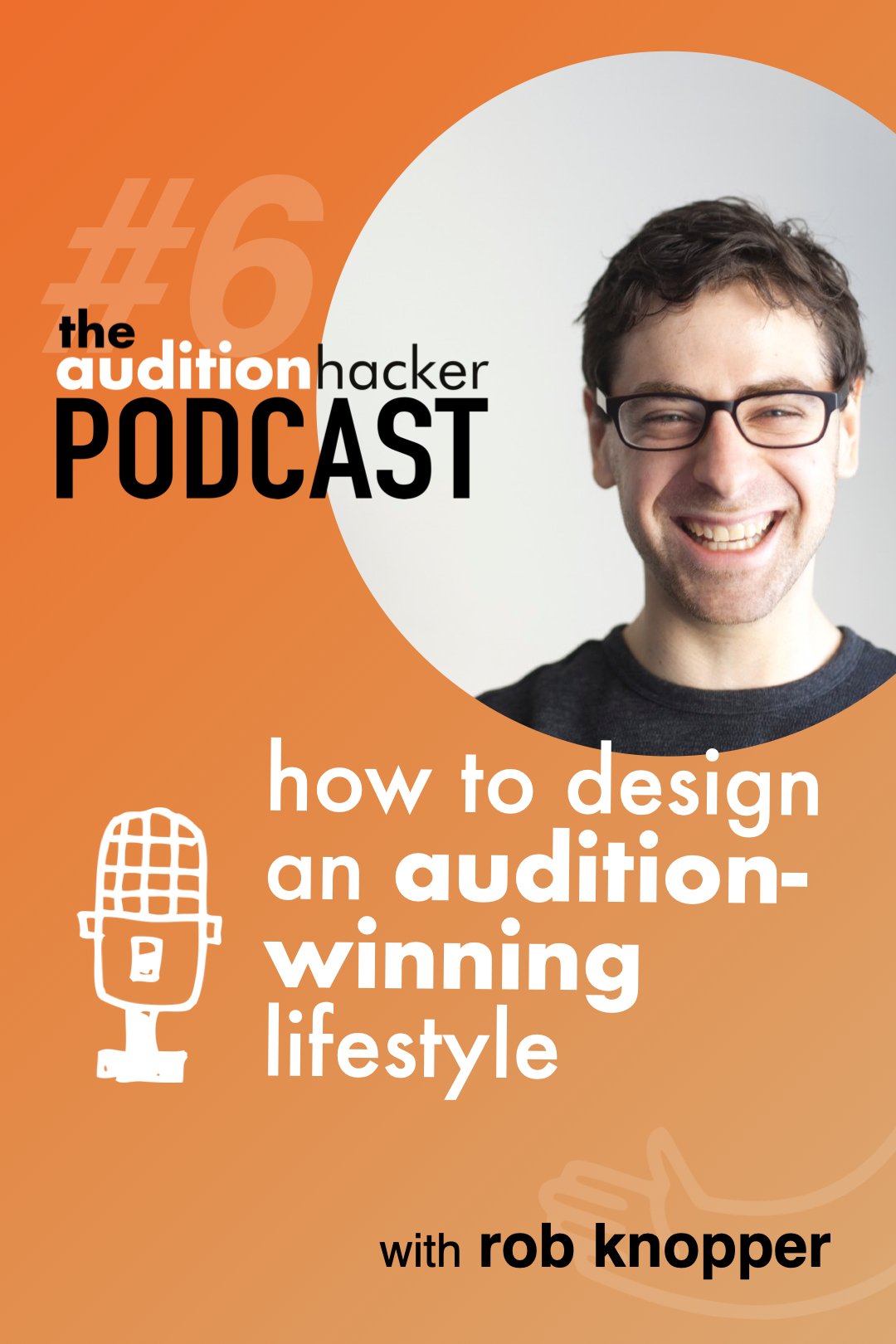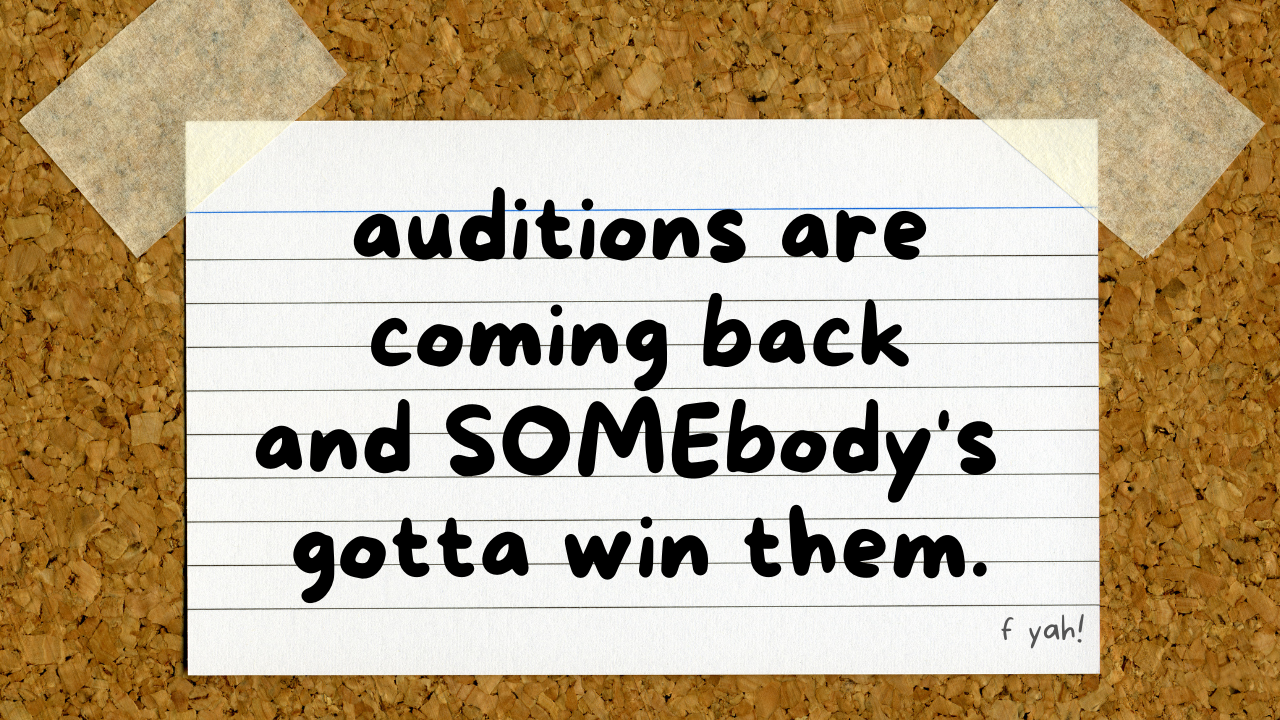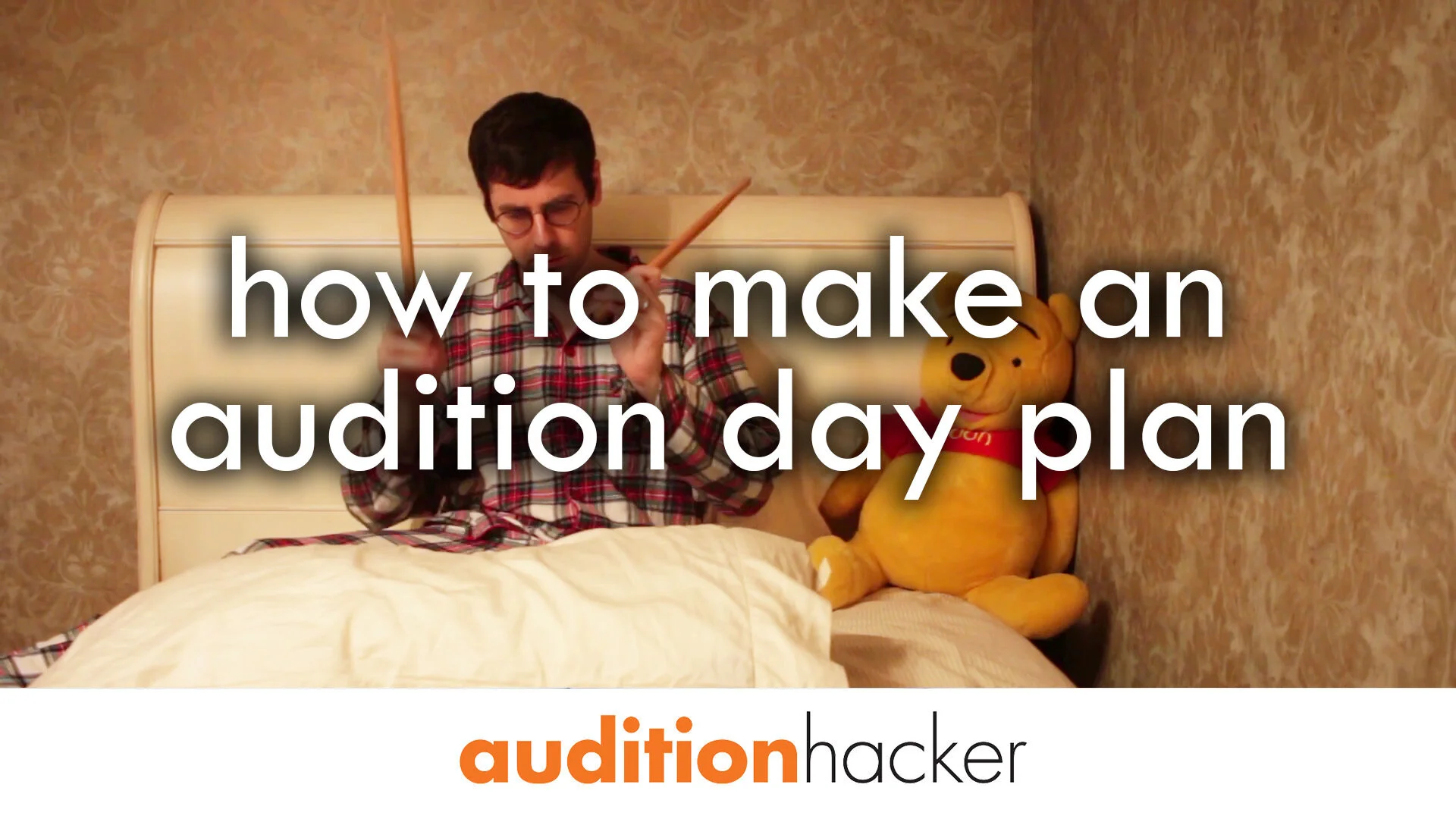for competitive and driven musicians, holidays aren’t relaxing. they’re not relaxing at all. they're not a break from normal day to day responsibilities, and they don't necessarily bring you peace of mind.
in honor of memorial day, i want to take a step back from my normal stream of practicing tips and thoughts, and talk about something more universal for musicians: practice guilt and how it affects our family life.
practice guilt is the feeling you get at every moment telling you to go practice.
it’s a double edged sword. feeling guilt can be a negative experience, but it also inspires us to do some of our best, most consistent work throughout our lives.
every audition rejection, missed note, or piece of teacher feedback reminds us: we’re not there yet. and we’re constantly reminded of how difficult it is to make a career in music. all of these things drive us to practice more and more, and to make our lives more efficient in other ways so that we can devote more time to self-improvement. it’s a certainty that if you take a day off practicing, someone somewhere isn’t taking that day off, and they might come to your next audition (and win).
looking for an audition breakthrough?
here's my 5-step guide to constructing your preparation process and optimizing it for maximum results for any instrument.
2 examples of shortcuts i take in order to practice more.
let me give you an example of a way this has developed for me. when i’m going into the practice room, the most valuable portion of the session is while i’m actually playing and problem-solving. pulling my drum out of the case isn’t a valuable moment for me - it’s required to get myself practicing, but i’m not actually making headway or progressing in my playing. neither is getting my music out, putting the music stand in the right place, and setting up my metronome. it might be considered lazy or sloppy, but my ideal practice room is one that’s already set up, so i can walk in and begin.
here’s another. when i wake up in the morning, i need coffee: it’s an absolute necessity. i could make coffee, but ideally i would already have coffee in my hand. that’s sort of because i’m lazy, but i look at it another way. i want to be spending all my time thinking and developing the art that i’m focusing on at that time. so instead of boiling water, grinding beans, and deliciously french pressing, i just use one of those capsule machines that takes less than a minute from beginning to end.
it’s about lifestyle design.
those are a couple casual ways that i’ve designed my lifestyle to conform to my goals. the more devoted energy, thought, and time that i can give to my practicing and my work, the more i’ll achieve in my life. if i work an extra day and have a breakthrough, maybe that will cause a resulting cascade of breakthroughs that allows me to win a job, make a million dollars, or help save an orchestra. or maybe it’ll just help me play double stroke rolls better than before.
as i went through my education, i continued to design my lifestyle in such a way. i tried to make every decision to help my practicing become more focused and effective, and the rest of my life more quick and simple so i could get back to practicing.
but here’s a warning.
all that is great, and i feel that the way i designed my lifestyle has indeed helped propel me to become a professional percussionist. but.
for every minute i skipped something else to practice, there was a consequence. if i skipped doing homework for a class, i would have whatever consequence that teacher imposed. if i skipped an outing with friends, i could feel left out of having some fun. all of those are a constant balancing act. but there’s one thing you can skip out on that has much more far-reaching consequences: family.
family is easy to skip out on. they'll hopefully understand if you need to practice or work. they probably won’t argue with you (too much) if you choose to spend the day practicing instead of going to the movies with them or having together-time. but if you find yourself consistently choosing practicing over family events, you should make damn sure you’re doing the right thing.
take a step back
if you design your lifestyle in a way that ignores everything besides the essential musical activities, then you’re almost certainly putting yourself in a position to be successful as a musician. but i’m going to ask you take a step back and think about your goal as a musician. is your goal just to be a musician? is it a completely self-serving goal, meaning you don’t care what happens to anyone else as long as you get to spend the rest of your life playing music? when you fast forward ten years, do you see yourself living alone, not talking to anyone, and having constant euphoria since you’re playing your instrument in an orchestra?
yeah... no.
practicing now is a means to an end, and that end is a happy, fulfilling life that includes music. being in an orchestra is an achievable goal but not a means to happiness. happiness is still a balance between what you do, who you love and who loves you. without your family, your music means nothing. and without meaning, your orchestra job will be tedious, bland, and uninspiring.
so my advice to you is this. next time a holiday rolls around, or a family outing presents itself, say yes and go be with them. your practice guilt is a necessary burden that you have to bear. the practice guilt that you’ll feel during the quiet moments of the outing are the reason that you’re going to be successful in the future - it means you’re the type of person to push yourself and to be competitive. but look at the big picture. you want to end up in an orchestra, surrounded by devoted family and living a full and thriving life. and just like you’re practicing for your future, you need to continue to develop your family relationships for your future. your family comes first, even in the competitive field of classical music.
happy holidays, everyone! want to learn more? check out the cheat sheet below.
looking for an audition breakthrough?
here's my 5-step guide to constructing your preparation process and optimizing it for maximum results for any instrument.














in 2019, a cellist named maria reached out to me about her audition struggles. on paper, she was the “worst audition candidate ever” (her words). she had 2 small children, a full-time teaching job, and hadn’t taken an audition in 4 years.